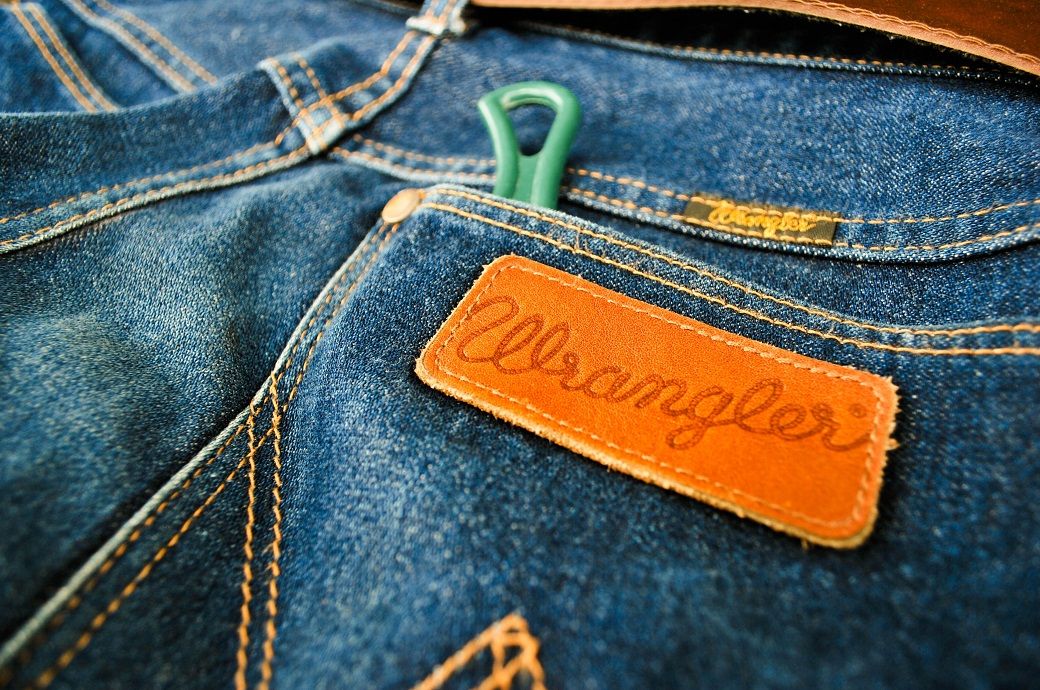

Kontoor’s Global Design Standards help take the guesswork out of how to create products with lower environmental and social impacts. Using the Global Design Standards as a guide, Kontoor’s design and product development teams carefully select the materials and processes being used to build garments while the procurement and sourcing teams ensure collaboration with supply chain partners to execute the standards established by Kontoor, the company said in a press release.
To make Kontoor’s Preferred Materials List, the material must be backed by data validating its environmental and/or social impact. Currently, to meet the company’s Global Design Standards for preferred materials, 70 per cent of the fabric materials used in a product must be sourced from Kontoor’s Preferred Materials List.
Focusing on freshwater use in fabric manufacturing, for a product to meet the Low Impact Fabric standard, the fabric must come from a denim mill that has achieved at least a 90 per cent reduction in freshwater use from a 2018-2019 baseline. The savings must be verified by an independent third party through Kontoor’s Indigood Program.
A score for the finishing process of a garment is calculated via Jeanologia’s Environmental Impact Measure (EIM) tool that assesses water, energy, chemistry, and worker health areas. Scores that designated as ‘low impact’ within the EIM tool satisfy for low-impact finishing standard.
“At Kontoor, we produce millions of products each year globally. With that kind of scale, the choices we make about what goes into our products have the potential to guide the industry toward meaningful change,” said Jeff Frye, VP, sustainability, innovation, product development, and procurement, Kontoor Brands. “Our Global Design Standards allow us to tackle the product stages that have impact on people and our planet. While we initially aim to have each of our products meet one of the three standards, we are actively striving to reach new levels of innovation and sustainability that will continually improve the sustainable performance of our products.”
“We are committed to developing responsible products, and that begins with approaching design through a purposeful lens and a commitment to using innovative processes and materials,” said Vivian Rivetti, VP, global design, Wrangler. “Our designers aren’t just passionate about making beautiful apparel that meets the brand standards our consumers know and love; we are committed to making our products more sustainable. Kontoor’s Global Design Standards provide a roadmap to guide our design approach as we work to make each season’s portfolio more sustainable than the last.”
Launching first on Wrangler’s website, products that meet the Global Design Standards will be identified with a WeCare Wrangler badge. At this time, to earn the badge, products must meet one of Kontoor’s three Global Design Standards. A similar programme will launch for the Lee brand under the For A World That Works global sustainability platform later this year.
Fibre2Fashion News Desk (NB)